On February 3rd, 2025, the Trump administration announced its plan to dissolve the United States Agency for International Development (USAID). According to the USAID website, as of February 23rd, all employees except critical personnel would be put on administrative leave globally, replacing a solution with a problem.
On March 28th, the State Department officially notified Congress that it would dissolve USAID and move some of its functions to the State Department by July 1st. While most Americans may not be aware of the damage this sudden dissolution will cause, it will have drastic consequences for millions at home and abroad.
USAID was created in 1961 by President John F. Kennedy through the Foreign Assistance Act. The agency’s role is to provide non-military foreign aid disbursed by the government.
Operating in over 100 countries, including Ukraine, South Sudan, and Afghanistan, USAID spearheads programs to counter infectious disease outbreaks, assist in rescue operations in natural disasters, minimize poverty in underdeveloped areas, and provide resources to aid democratic governance.
In short, USAID plays an important role in supporting millions of people in underdeveloped countries and conflict zones.
The agency’s ability to provide support to so many people has come through generous budgets allocated by Congress. In the 2024 fiscal year, USAID’s budget was $44.2 billion. The Trump administration claims that the money awarded to USAID is a waste of taxpayer dollars, and its existence has no benefit to Americans.
However, supporters claim that USAID funding goes to crucial humanitarian assistance, such as International Disaster Assistance, Emergency Refugee and Migration Assistance, and Food for Peace. The Food for Peace Initiative is especially significant because it prioritizes combating the growing food insecurity around the world.
To claim that USAID’s existence is not necessary to American interests is concerning because the agency employs farmers from around the country who grow 41 percent of the food aid delivered by USAID, including corn, wheat, rice, and soybeans.
In Florida, USAID partnered with several farms to reinforce agricultural systems in developing countries. The University of Florida (UF) has a 38 million dollar USAID Innovation Lab for Livestock Systems, which includes 50 USAID-funded programs supporting livestock productivity around the world. The university also partnered with USAID for a five-year project to reduce food insecurity in Haiti by researching crop diseases.
The sudden dissolution of USAID will cause irreparable damage to Americans, including many farmers whose entire operations rely on contracts with USAID. So, while the Trump administration continues to make false claims that USAID is unnecessary, millions of people around the world depend on the agency, as well as millions of Americans who rely on agency funding to help stabilize rural economies and agricultural markets.
Also on March 28th, a powerful 7.7 magnitude earthquake shook Southeast Asia, killing at least 1,700 people and critically impacting the already unstable nation of Myanmar.
Typically, USAID deploys Disaster Assistance Response Teams, or DARTs, to lead the US government’s humanitarian response on the ground. These teams consist of highly trained American search and rescue staff who can mobilize within 24 to 48 hours after a disaster.
However, mass firings of critical USAID staff and budget freezes have left the U.S. government unable to respond to unexpected humanitarian crises. While the U.S. has pledged two million dollars in aid to Myanmar, the systems that funneled money to besieged areas have quickly been shattered.
American foreign aid workers are usually the first to arrive and take charge of recovery efforts, but with no American workers leading operations, this could take longer while other countries mobilize units, meaning more people will suffer.
A lack of American foreign aid also sends a clear message to people in need that future American responses to disasters and outbreaks will be limited. This void will be quickly filled by global adversaries, including China and Russia. This loss of soft power makes America weaker.
In an op-ed published by the New York Times, former administrator for USAID under the Biden administration Samantha Power said, “Unless these cruel and immensely counterproductive actions are reversed by the administration — or Republicans in Congress join Democrats in an effort to roll them back — future generations will marvel that it wasn’t China’s actions that eroded U.S. standing and global security, paving the way for Beijing to become the partner of choice around the world. Instead, it was an American president and the billionaire he unleashed to shoot first and aim later, eliminating an institution that’s a cost-effective example of what once distinguished the United States from our adversaries.”
The Trump administration’s claim that USAID’s dissolution will be putting “America First” is an egregious excuse. Cutting foreign aid to countries in need and slashing partnerships with American businesses will be putting America and the world last, not first.



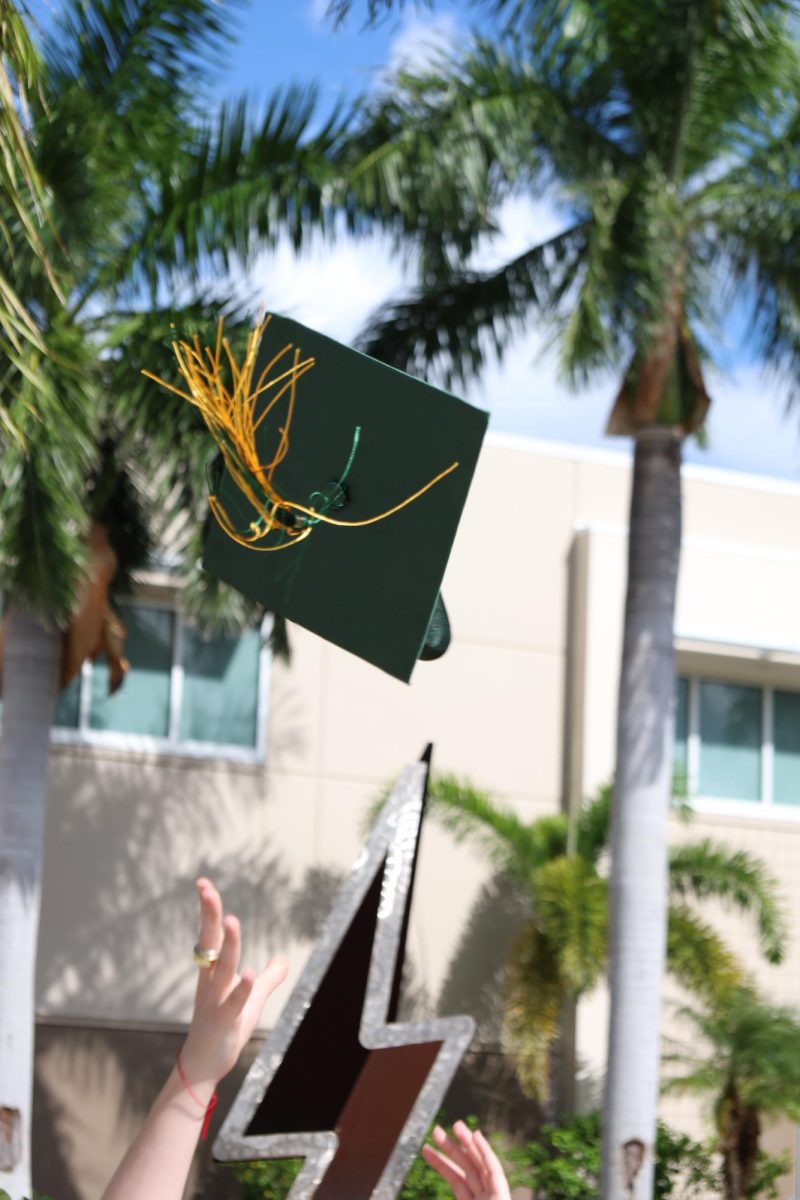
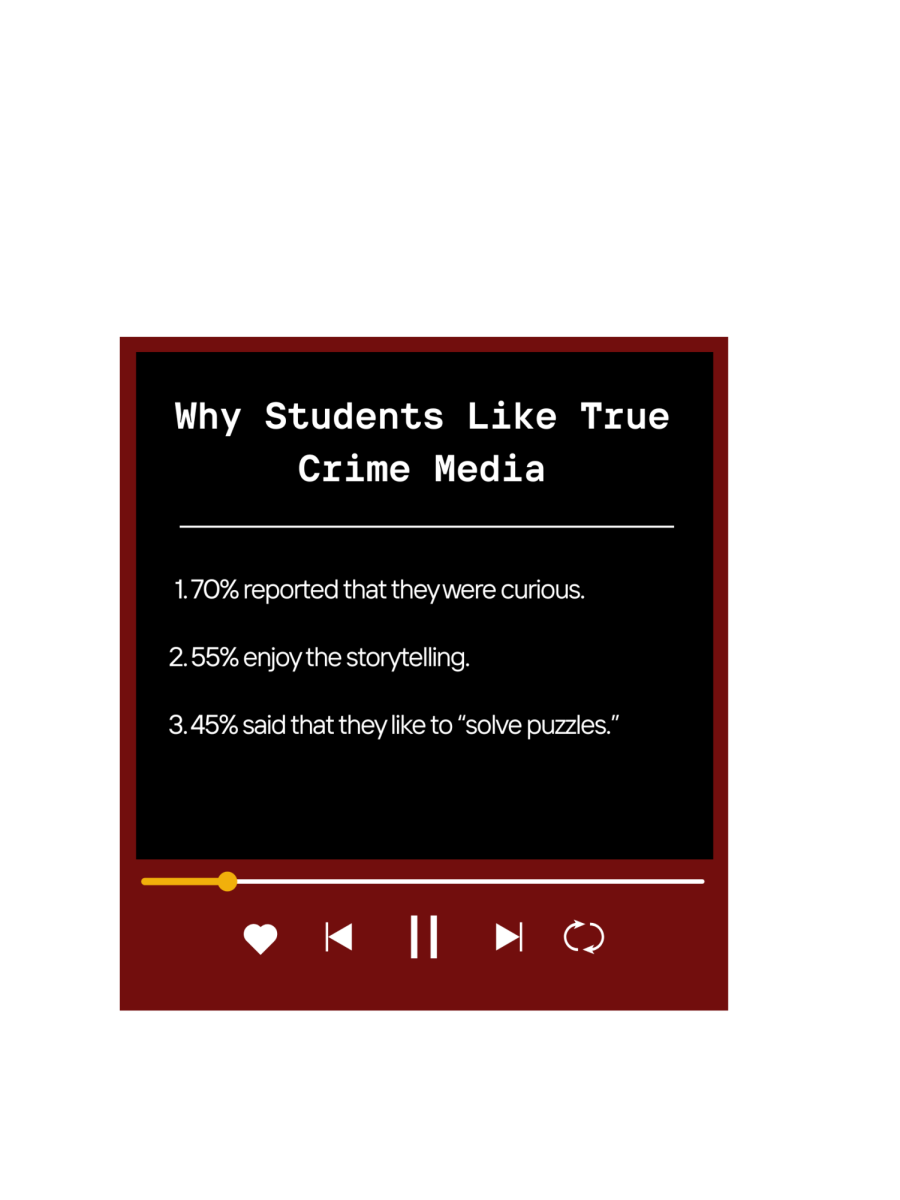
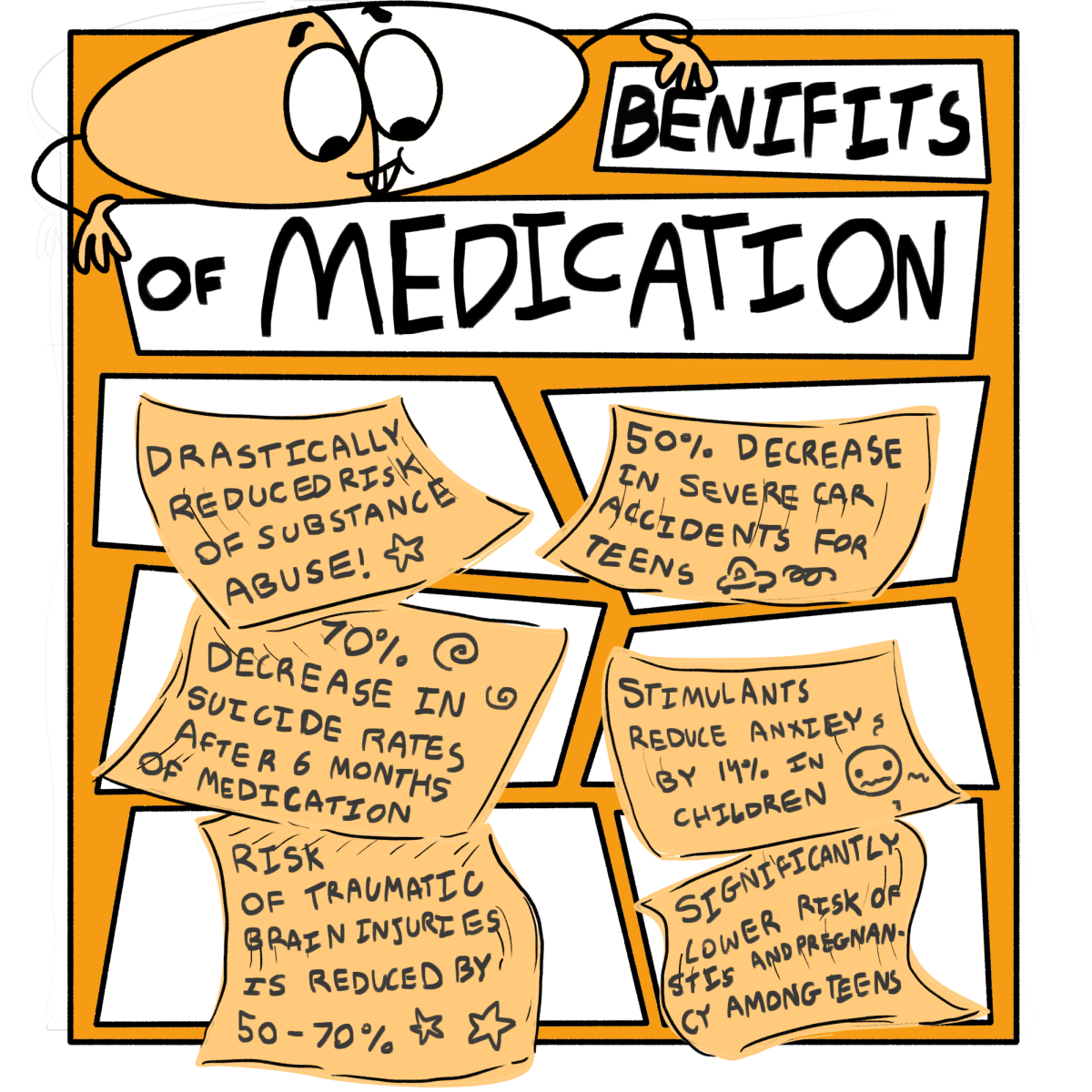


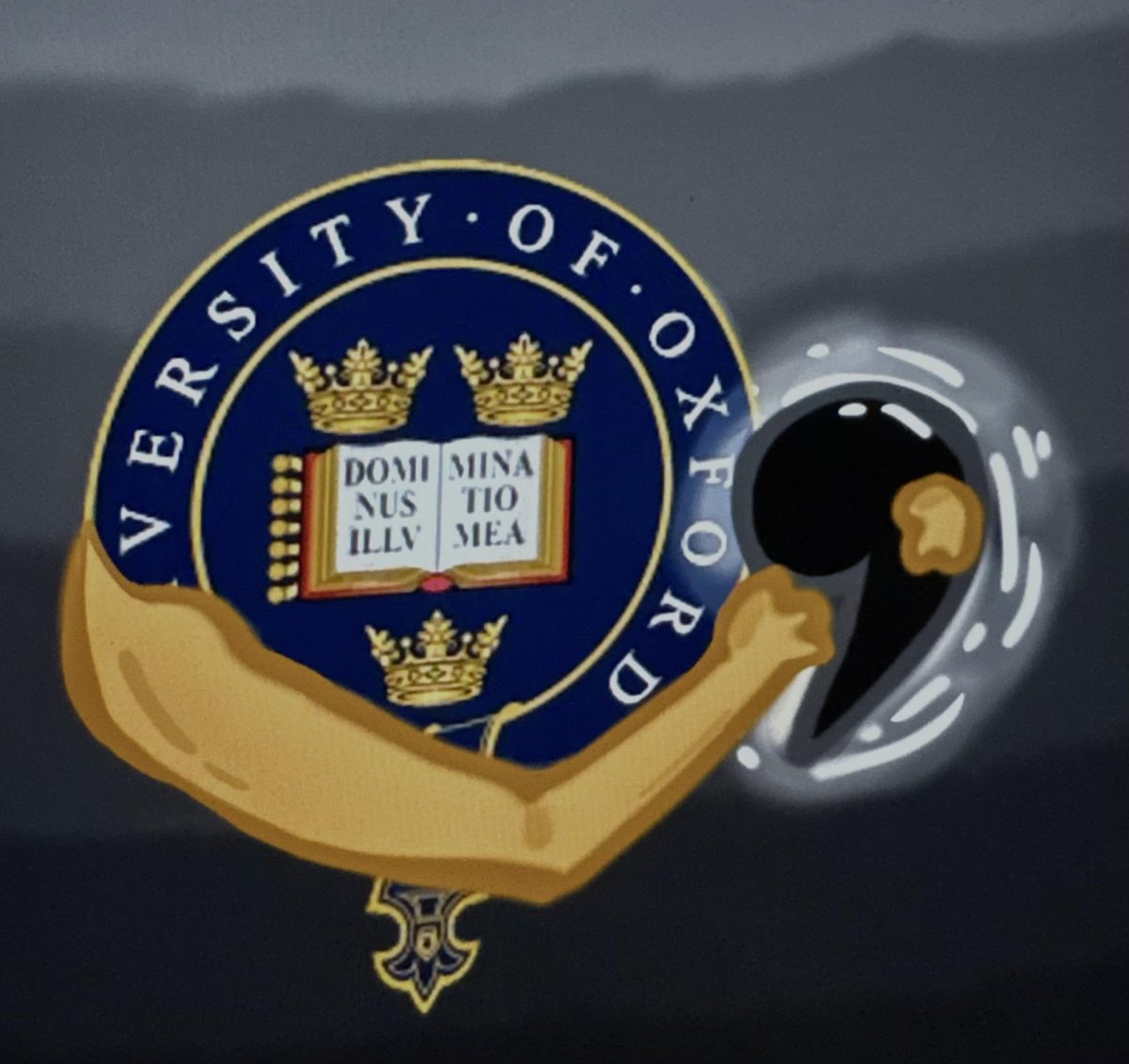


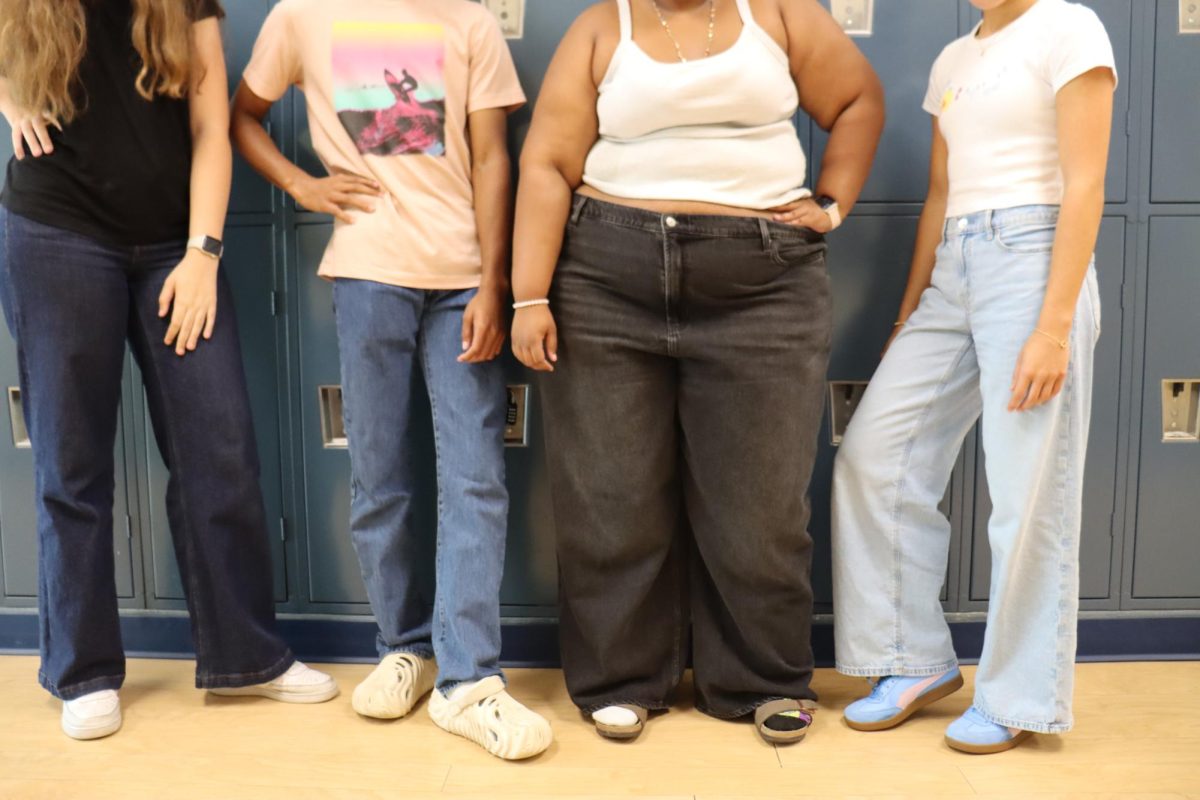
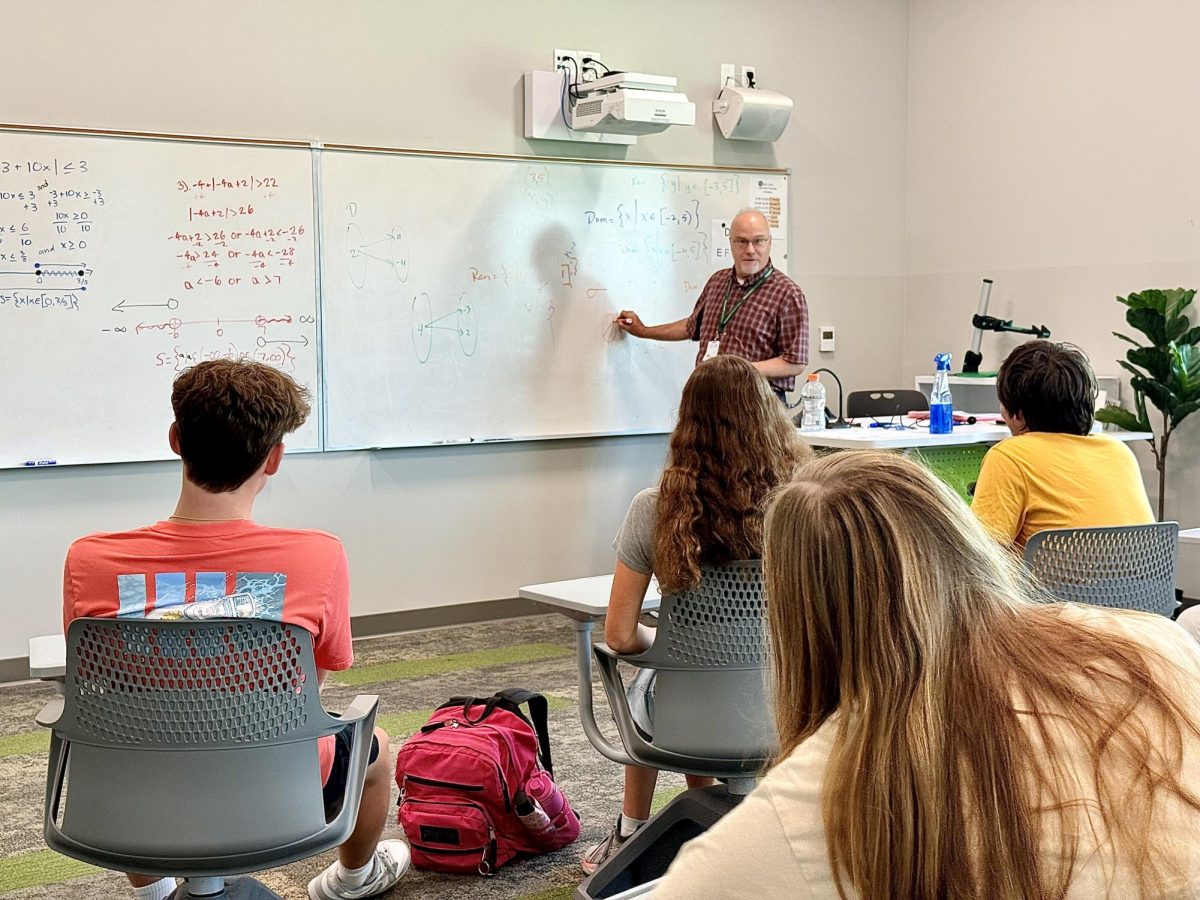





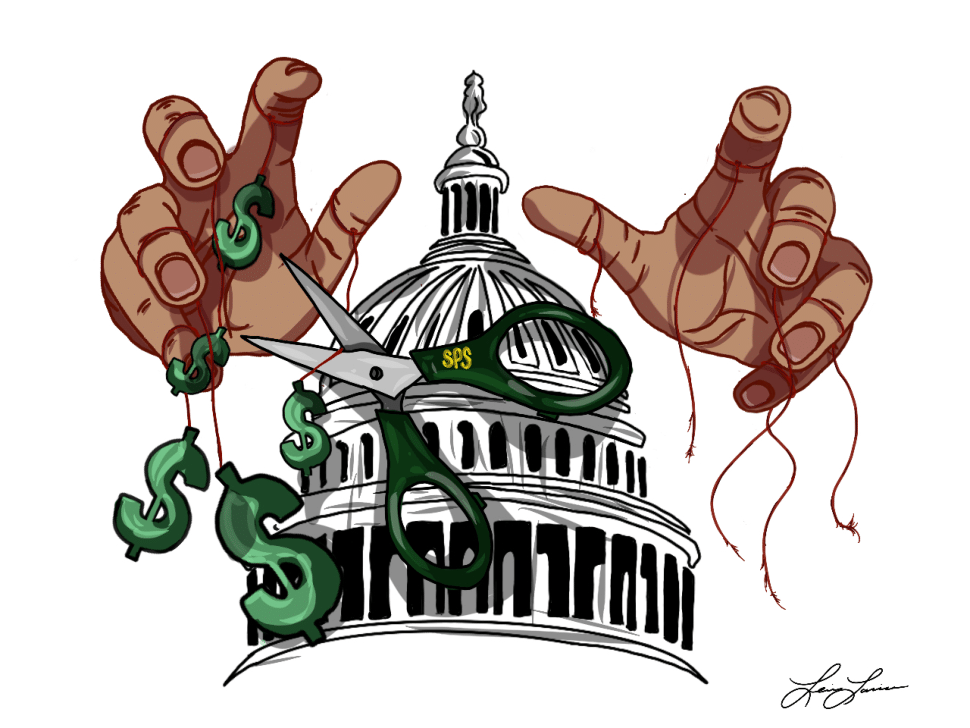















![Thespians pose on a staircase at the District IV Thespian Festival. [Front to back] Luca Baker, Maddison Cirino, Tanyiah Ellison, Alex Lewis, Summer Farkas, Jill Marcus, Ella Mathews, Sanjay Sinha, Isabella Jank, Sofia Lee, Boston Littlepage-Santana, Sally Keane, Tyler Biggar, Tanner Johnson, Jasper Hallock-Wishner, Remy de Paris, Alex Jank, Kaelie Dieter, and Daniel Cooper. Photo by Michael McCarthy.](https://spschronicle.org/wp-content/uploads/2024/12/image1-900x1200.jpg)

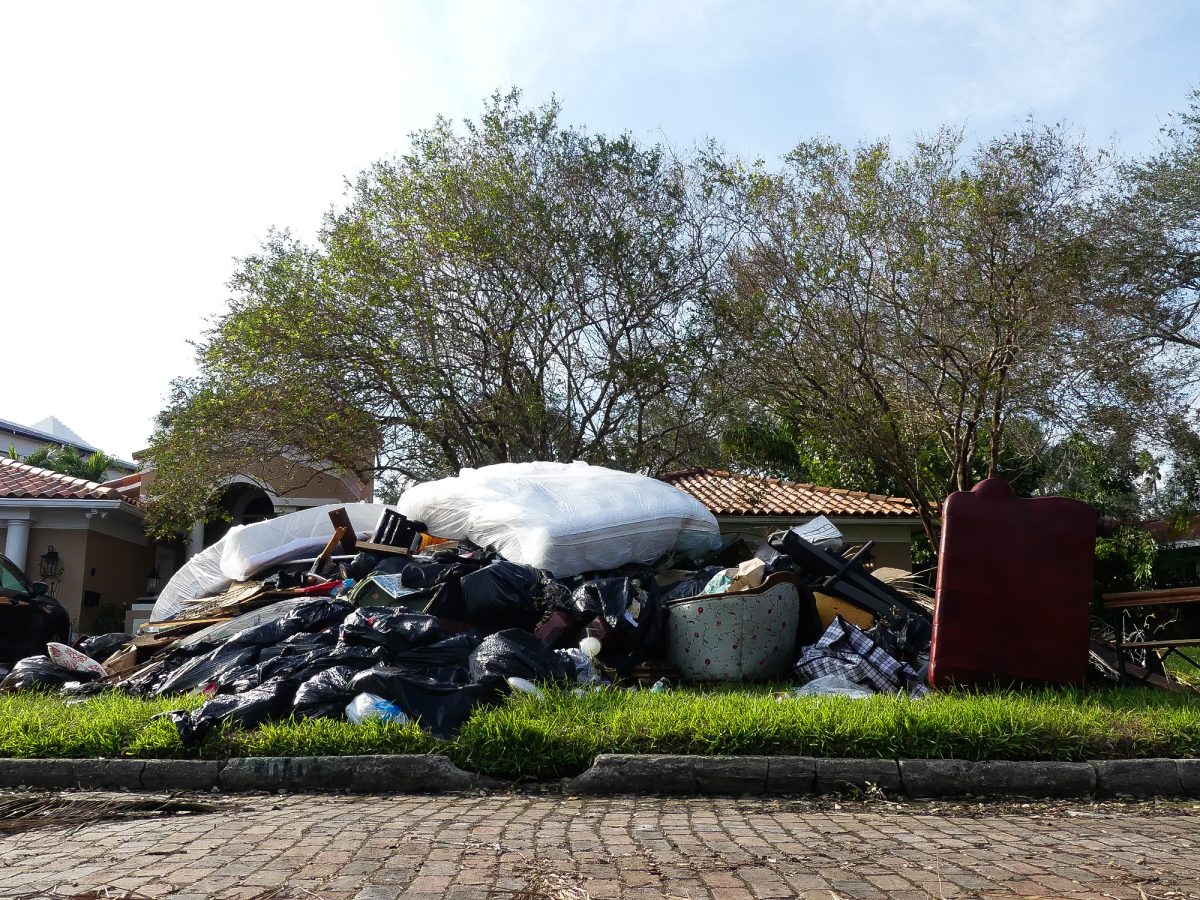

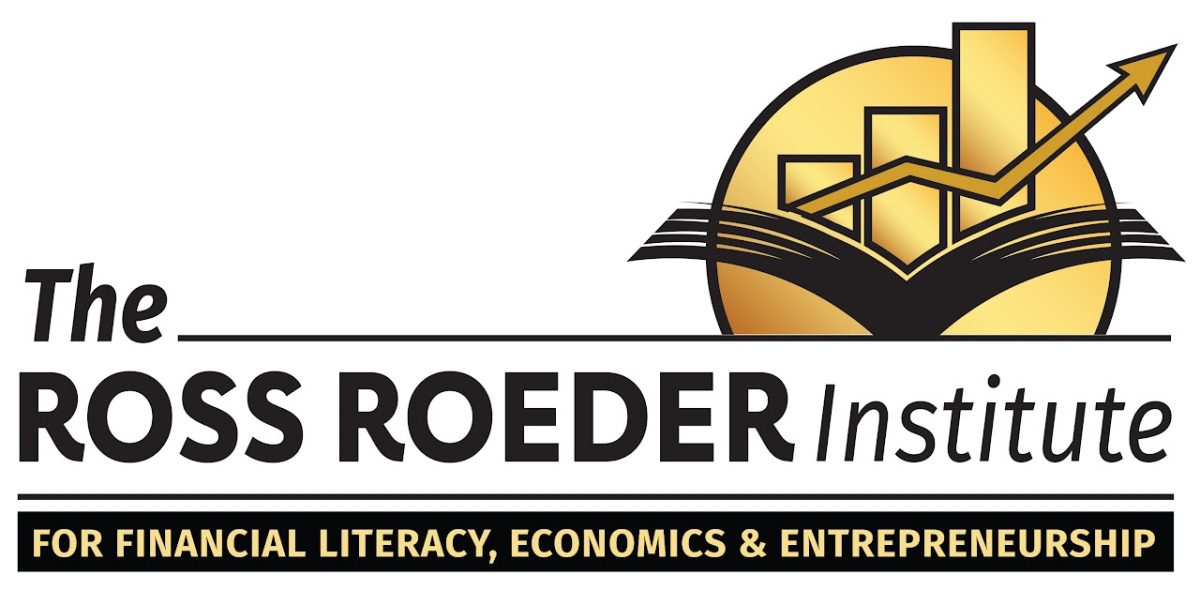

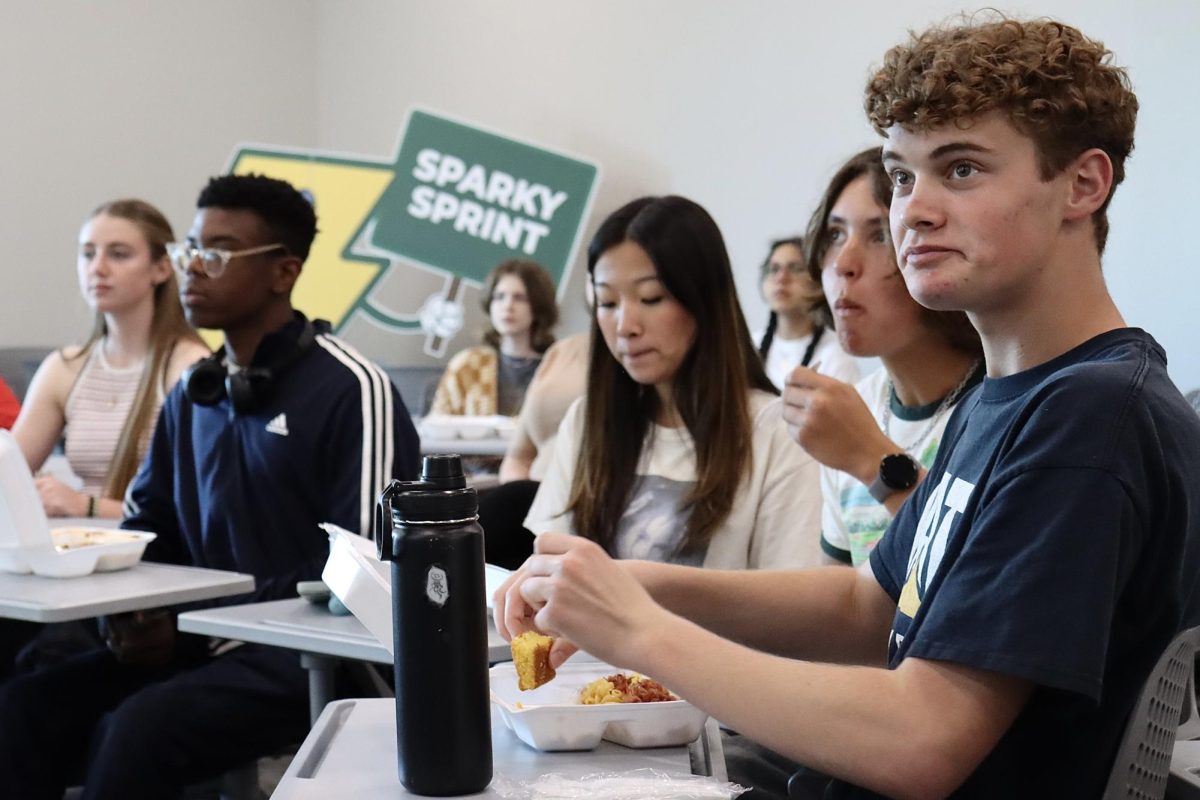





Kristie Dowling • May 16, 2025 at 11:45 am
Thank you for writing about such an important topic. We desperately need to learn about the importance of these government programs that are being cut. Thank you for writing and for caring.